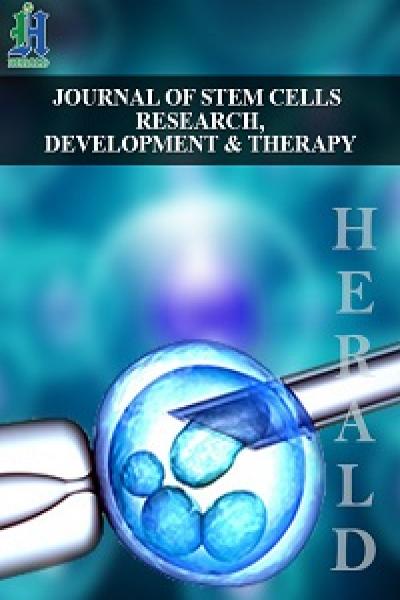
Hematopoietic Stem Cells (HSCs)
Hematopoietic Stem Cells (HSCs) are multipotent stem cells responsible for the continuous regeneration of all blood cell lineages, including erythrocytes, leukocytes, and platelets. Residing primarily in the bone marrow, HSCs exhibit the unique capacity for self-renewal and differentiation, making them vital for maintaining hematopoietic homeostasis throughout life. HSC transplantation has become a cornerstone in the treatment of hematological malignancies, bone marrow failure syndromes, and certain inherited blood disorders. Both autologous and allogeneic HSC transplants are used clinically, with advances in donor matching, conditioning regimens, and graft engineering significantly improving patient outcomes.
Research on surface markers such as CD34, CD38, and CD90 has enhanced the isolation and purification of functional HSCs. Additionally, efforts to expand HSCs ex vivo and to understand their niche interactions are opening new therapeutic avenues. The Journal of Stem Cells Research, Development and Therapy encourages contributions focused on HSC biology, clinical applications, and novel strategies to optimize stem cell-based hematological therapies.

